‘Economic volatility’ driving ‘radical’ protests from fed up workers across the world
Angry workers hit by a world of financial pain have had enough, with a “radical” shake-up now predicted.

Overflowing bins piled with stinking rubbish scattered throughout some Sydney streets is symbolic of angry workers at flash point around the world as “economic volatility” sends people into financial pain.
Strikes are increasingly threatening industries across the globe, including Australia, as everything from grocery prices to rents and energy costs skyrocket.
These rising costs are eating into worker’s wages and demands for pay rises are often going unmet, meaning many workers have no choice but to walk off the job to demand better deals.
Waste management firm Cleanaway – which is contracted by the City of Sydney council – has been locked in a bitter battle with its staff resulting in bins left on the streets for days piled with rubbish.
The dispute has seen three lots of 24-hour strike actions so far as the Transport Workers Union said “hardworking garbos” were struggling with the “sky-high cost-of-living pressures”, adding they needed “financial security for their families” as they performed “a tough and critical job for the people of Sydney”.
It meant in February approximately 24,000 bins weren’t picked up from homes as workers walked out, while Cleanaway also grapples with staff shortages battling to fill 672 vacant positions from garbage truck drivers to waste plant employees. The shortage has meant managers and supervisors have been forced to step in and fill role.


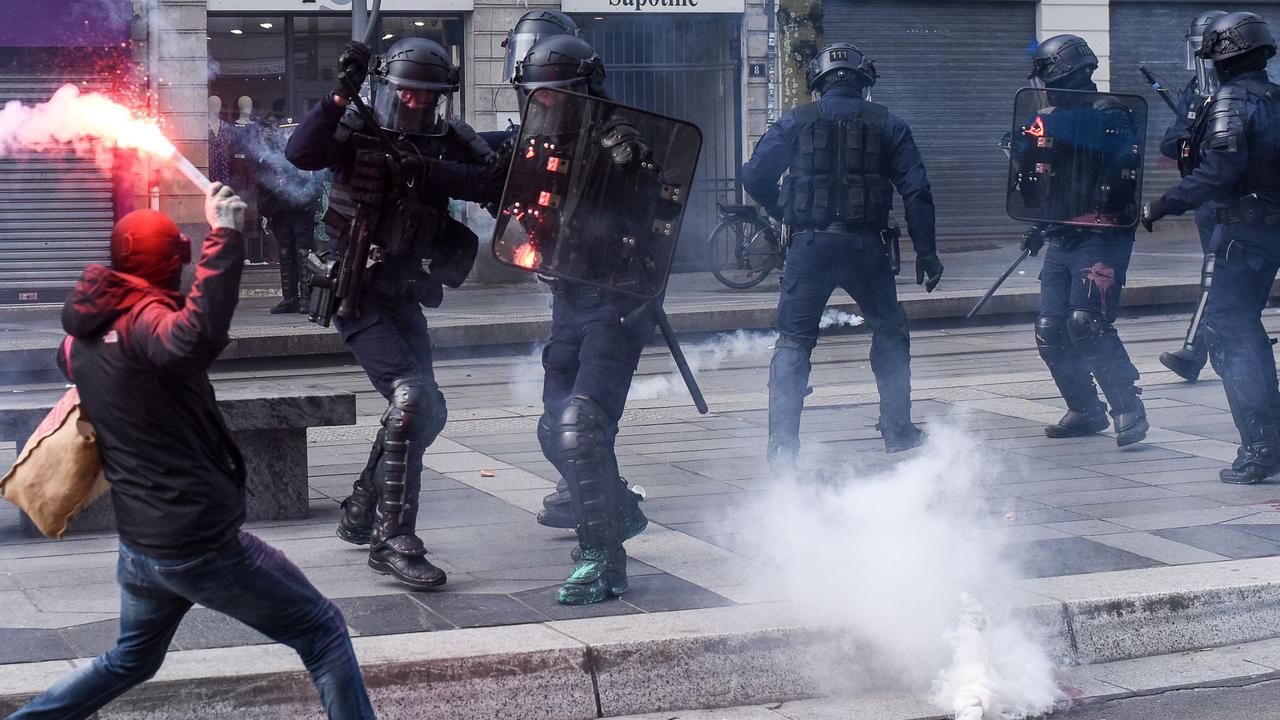
Aaron McEwan, behavioural scientist and vice president for global research and advisory firm Gartner said given the cost of living pressures and interest rates rises it was not “surprising” that workers felt they had no choice but to strike for better pay.
However, he said overhanging issues from the pandemic were also fuelling the fury.
“It was these essential workers and people on the frontline – not to be overly dramatic they were literally putting their lives and health on the line to keep our society functioning – so there will be question on whether their effort and sacrifice has been recognised,” he told news.com.au.
“For workers the most visible sign of respect is how much they are paid and the most basic conditions of employment – this is not a surprising outcome if you think about how big of an impact the pandemic had particularly on frontline workers.
“They were sitting there watching more privileged office-based and knowledge workers reaping the rewards of more flexibility and opportunities to work from home.
“Today everyone knows just how valuable a teacher is or a nurse or train driver and all those typical jobs that are collectively bargaining through strike action – there has been a wake up call that they are human beings and want to be treated like humans not workers.”

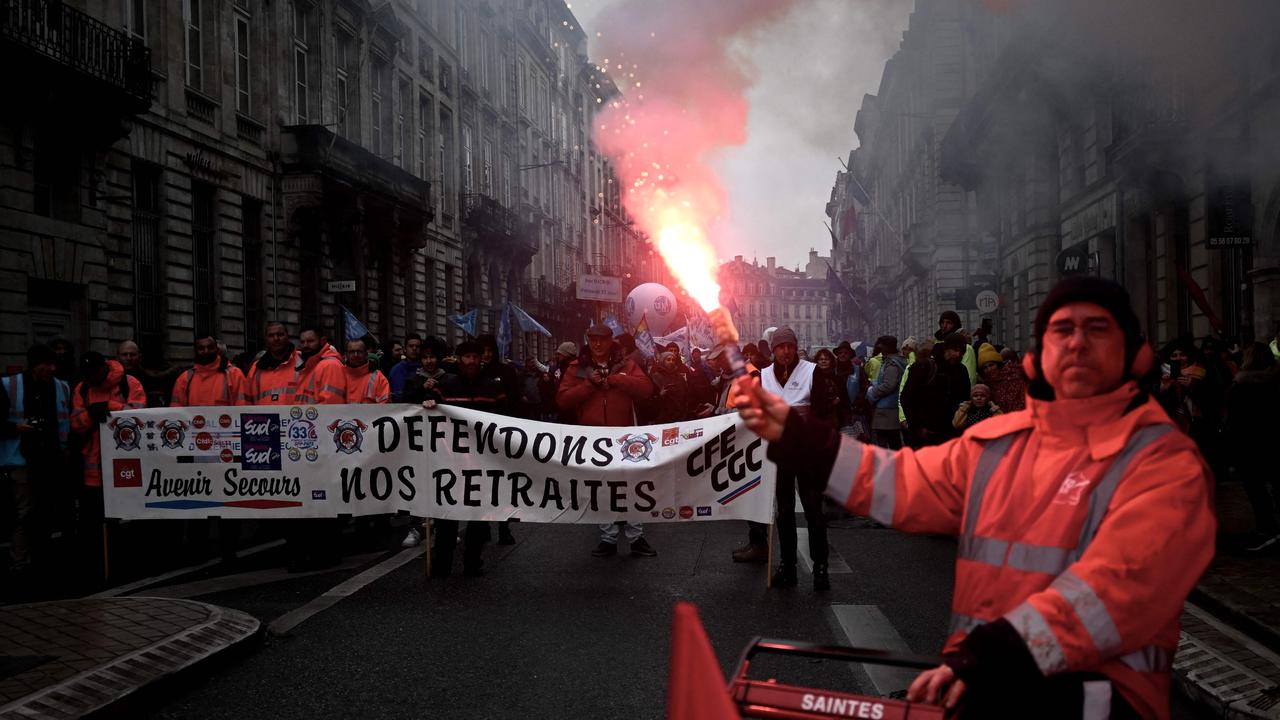
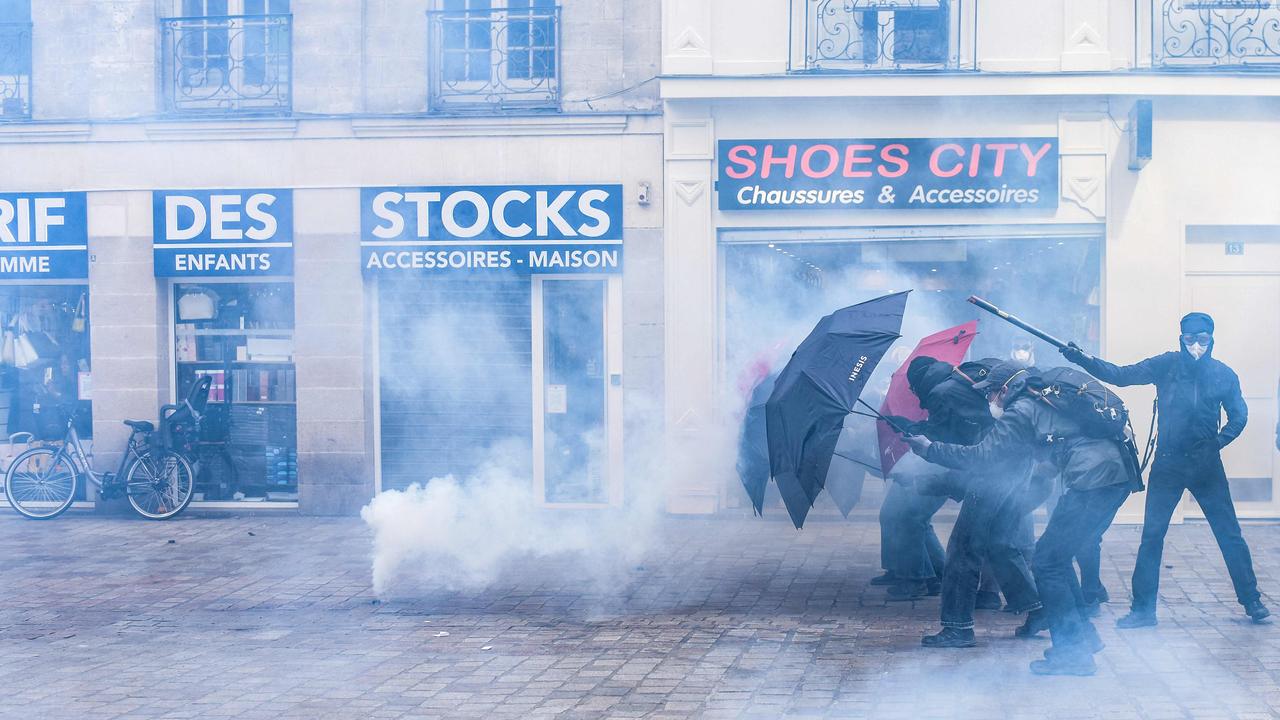
Meanwhile from the UK, US, France and Canada thousands of people – many of which are essential workers – have taken to the streets to protest as their wages go backwards.
Around 500,000 workers, many from the public sector, have been staging strikes since last summer in the UK, with its largest wave of strikes in over 30 years.
Tens of thousands of nurses, ambulance staff and physiotherapists staged their largest strike action in February in the UK demanding a pay rise that reflects a situation where the worst inflation is battering Britain in four decades.
Last year, more than 40,000 workers downed tools in the construction sector in Canada, while
French workers took the street in 2023 as the government proposed to increase the retirement age from 62 to 64-years-old.

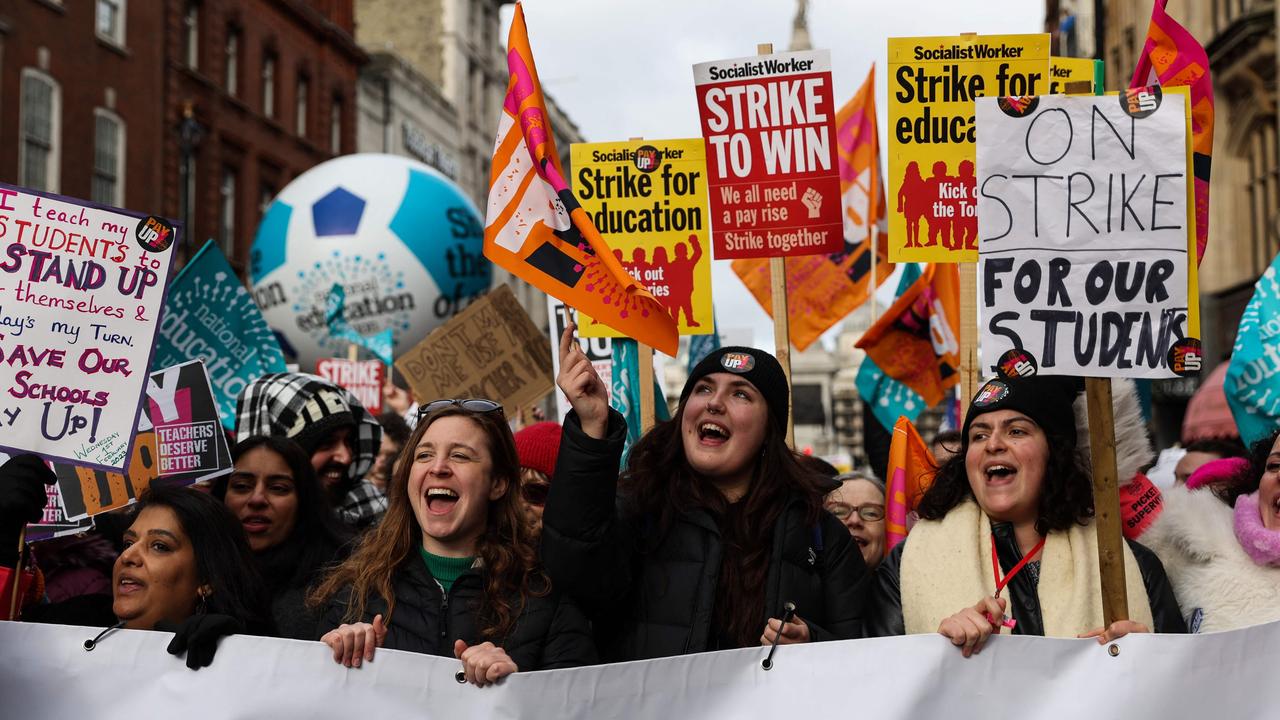
In the US, teachers, journalists and baristas were among tens of thousands of workers who went on strike, while the government had to scramble to implement legislation to prevent 115,000 railroad employees from walking out as well.
But Mr McEwan doesn’t believe Australian workers have embraced collective bargaining quite like other countries, although he thinks social media could a be a gamechanger.
“The rise of social media is a means by which workers can collectively organise,” he explained.
“There is a lot more transparency into pay and conditions and people are sharing that information – whether or not the organisations they work for allow them to or want them to – it’s going to be hard for organisations to hide in world of radical transparency.
“The last thing people want as an organisational leader is to be outed on TikTok as a horrible person but it’s happening now – that’s the type of collective action being driven through social media groups as opposed to union members and that’s probably way more disruptive.
“It could mean not just rail workers striking but anyone who works in a cafe – imagine a flash mob type of strike – where baristas regardless of their affiliations decide not to show up to work or show up to work but don’t take payments from customers.”
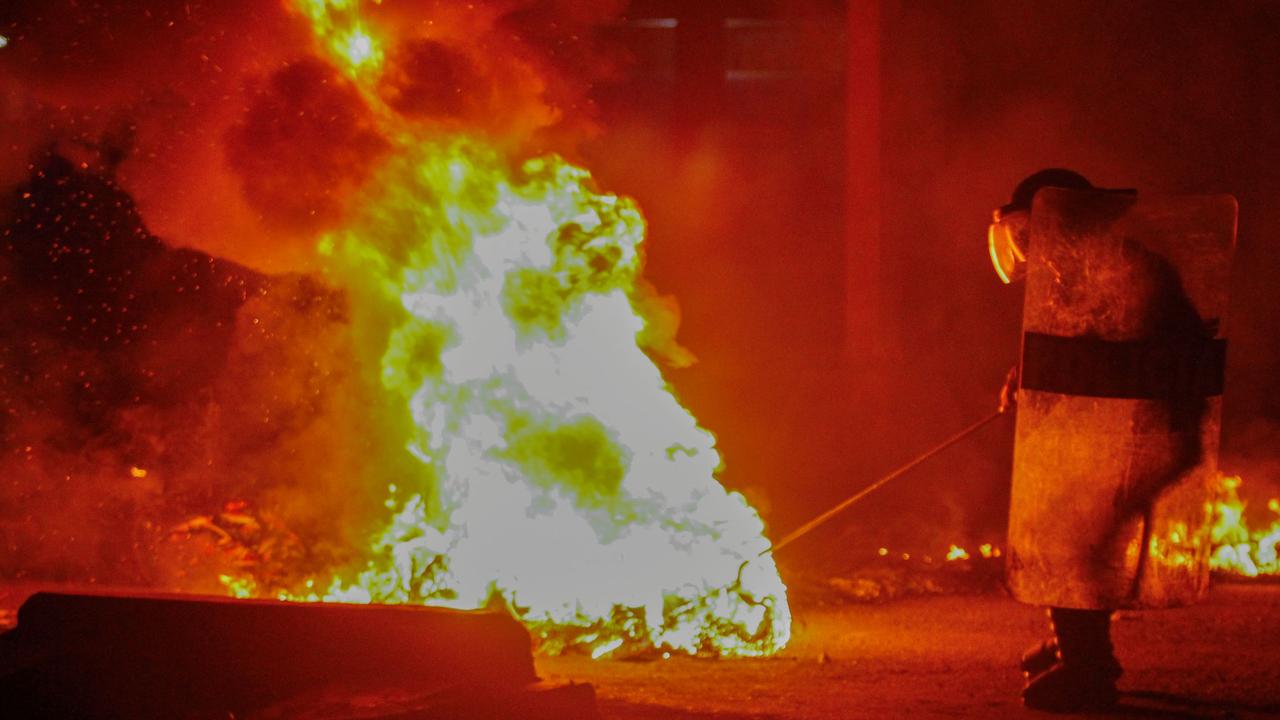
But there has been some industrial action brewing around Australia in recent times.
Teachers and healthcare workers also lashed out in NSW – having put up with a decade of wages caps – and took to the streets to chant their fury, while rail workers crippled train schedules with rolling action.
In the education sector, University of Sydney staff have voted to strike for six days this semester and Monash University staff are also preparing to take industrial action.
Last month, University of Queensland staff went on strike while Federation University staff are threatening to do so in May and ABC staff will walk off the job next week just as the RBA drops its interest rate decision – its first industrial action in 17 years.
Major union leaders have warned that strikes could become more common in Australia to bump up pay offers to address the record drop in wages as the cost of living skyrockets.

But Mr McEwan predicts that the future of work will not just be about conditions and pay but increasingly about societal responsibility and how organisations conduct themselves as global citizens.
He said its something that is beginning to emerge in the tech sector which has suffered mass lay-offs from well known companies such as Facebook, Google and Amazon as well as start-ups.
“You’ve also got these charismatic frat boy, tech bro leaders in that space and if you think of the tech sector there is a lot of pressure from them to force workers back into office and not talk about political issues and keep your views to yourself if you’re a worker,” he said.
“The tech bros are very focused on cult-like cultures and I think combine that with the quick reaction to go to lay-offs prematurely and potentially I think the gloss of Silicon Valley is wearing off quickly.
“So my prediction is for other organisations not selling anything sexy – it might be a toothpaste company – that have for the last decade struggled in terms of a talent management and not selling sexy products or being at cutting edge of tech development will become more attractive.
“They have been investing in more human centric models of work including flexibility, autonomy and equipping leaders to be more authentic.
“I think they will become more attractive as they are more transparent and are leading the way on pay transparency and diversity and inclusion and don’t come with tech bro CEOs and cult like cultures.
“I think that is going to be a big factor that workers all over the world are orientating to companies that have a heart and sense of purpose and treat employees like human beings.”
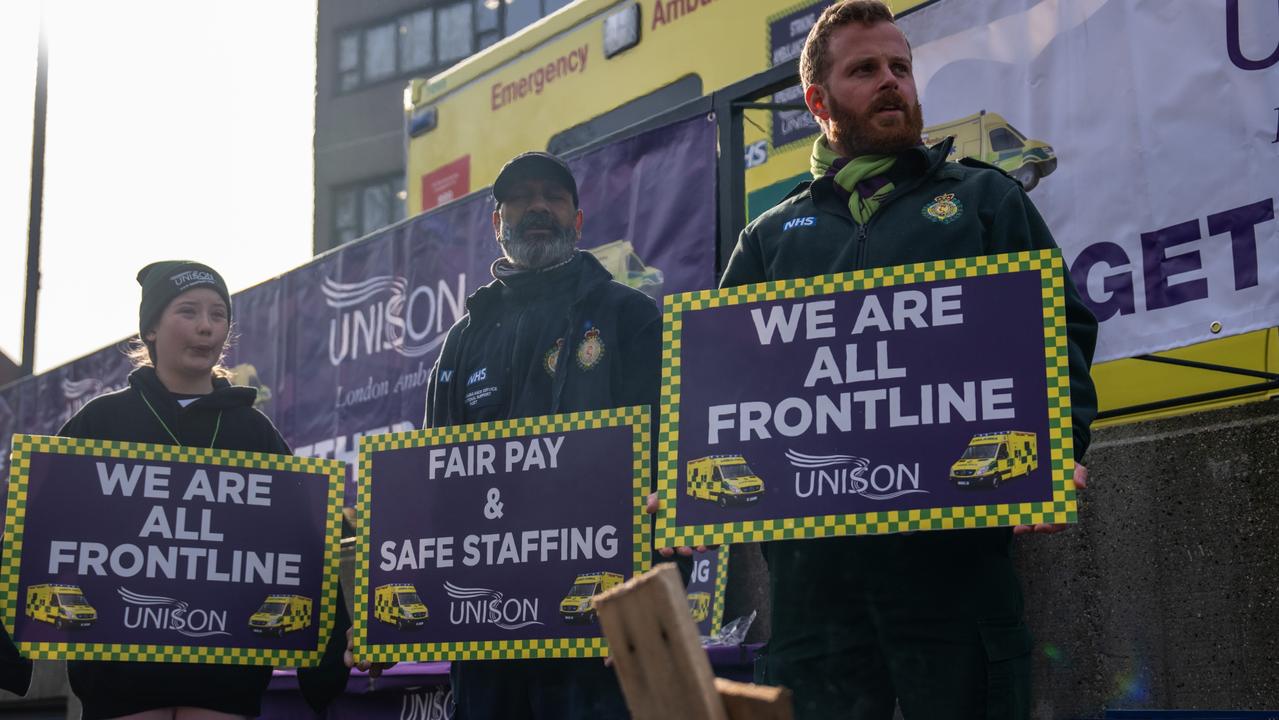

Less desirable companies, for example, those working in spaces contributing to climate change could be forced to pay a worker’s “tax” to attract staff, he added.
“If you are an aggressively for profit organisation you are probably going to pay a tax. There will always be people that are primarily driven by money or prestige and might be still be attracted to those companies but increasingly workers will be a lot more discerning about which organisations they work for,” he said.
“So purpose driven stuff and radical transparency – it’s a lot easier to find out today which political parties your company donates to, what is their carbon footprint, whether they use ethical practices in their supply chain or the way they source raw materials.”






